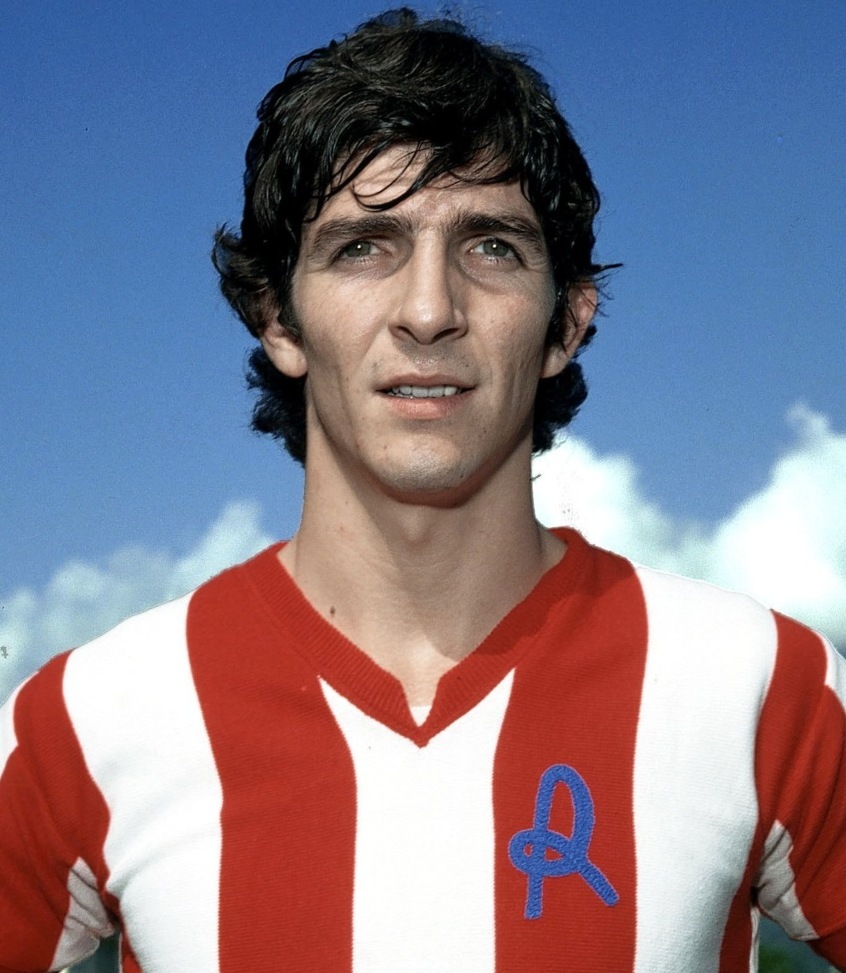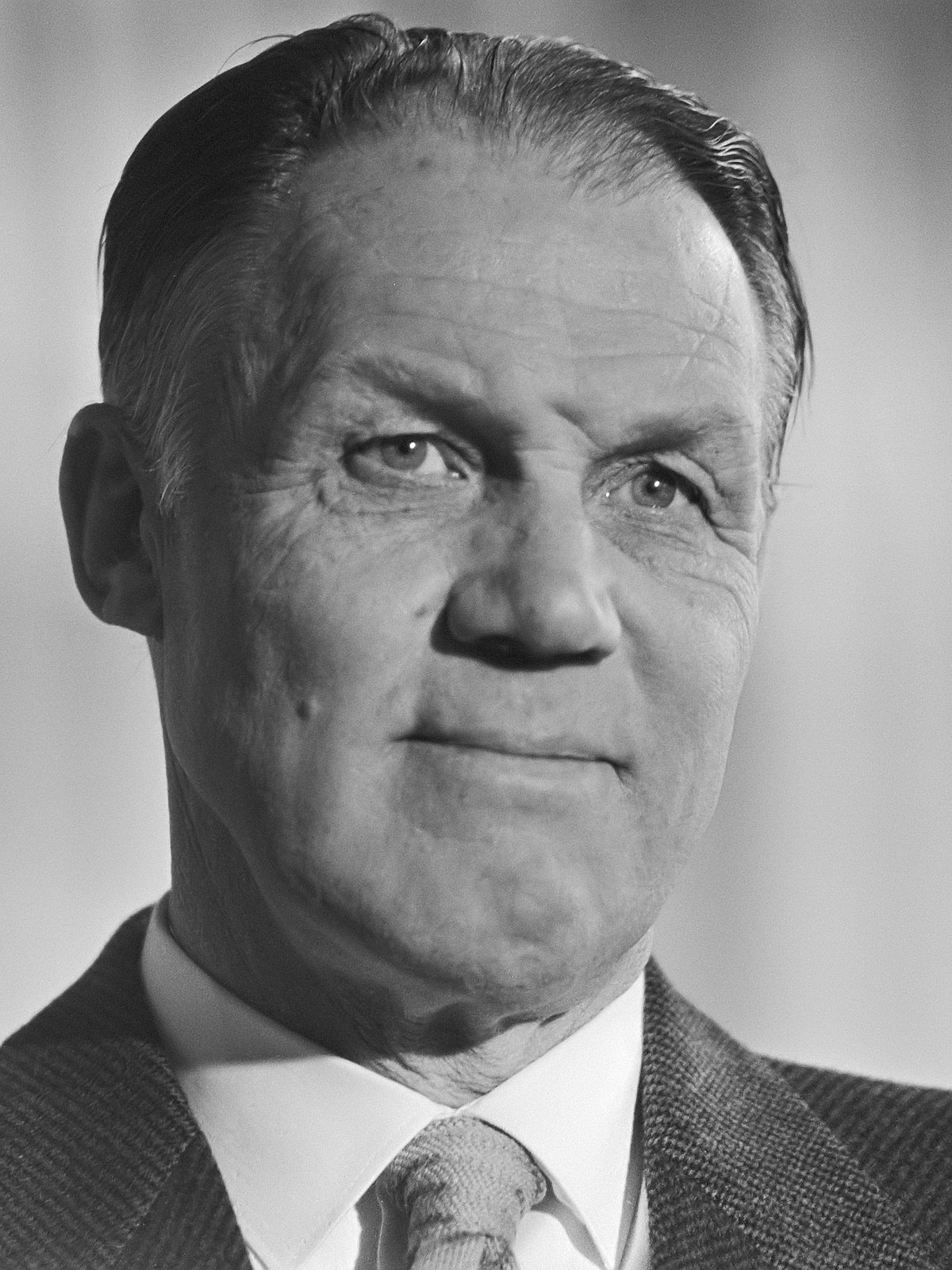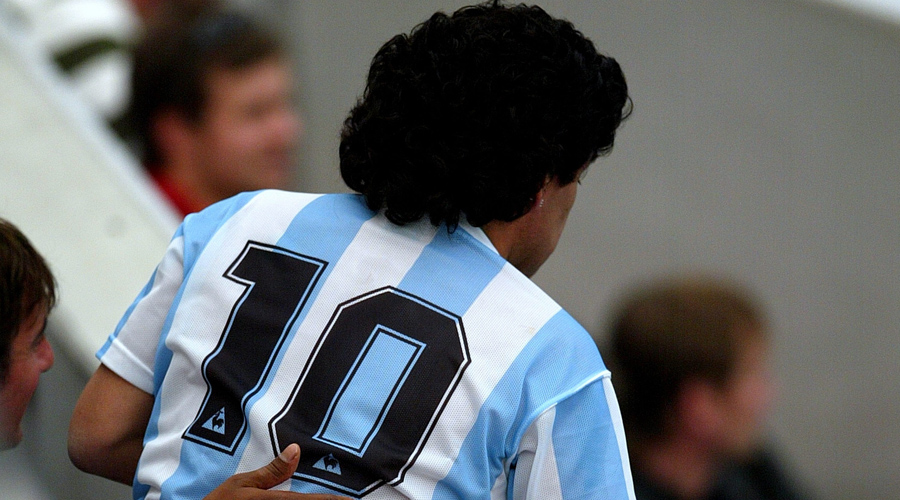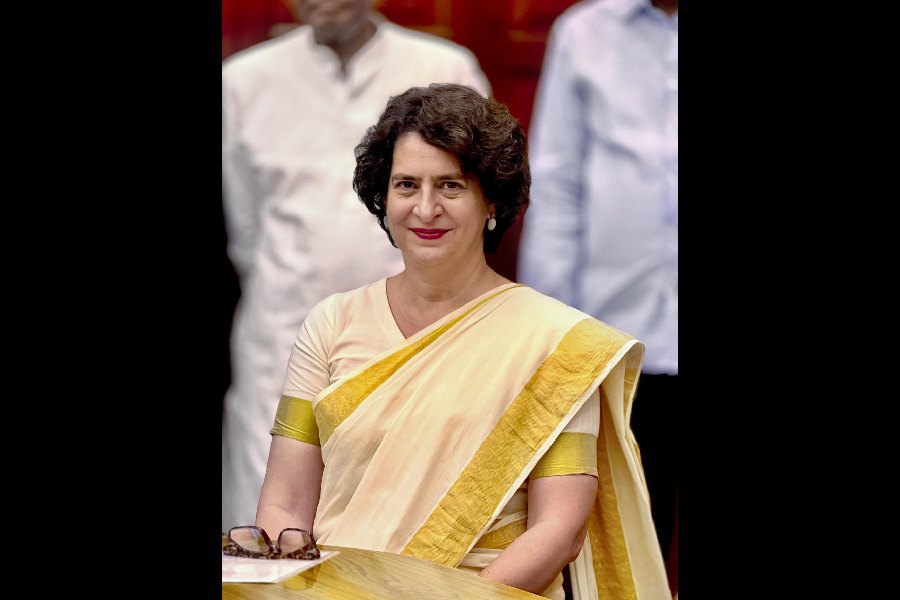For the sake of convenience, we have limited this fantasy selection to those who were still in their prime till half a century back from now, the year 1970 as cutoff.
Goalkeeper

Gordon Banks Wikipedia
Gordon Banks
As bankable as they come. And, if push came to save, the Englishman could even defy gravity. Pele would vouch for that. As a bullet header from the Brazilian flew towards goal, Banks twisted his body mid-air and flicked the ball away. That day in Mexico, World Cup 1970, goalkeeping moved beyond the field of play to unforgettable art. Banks died in February 2019, aged 81, his legacy safe as the executor of the greatest save ever.
Defenders
Carlos Alberto
Another man Mexico 1970 would immortalise — and the right fullback for this team. The Brazil captain emerged from Pele’s shadow to round off the final with a moment of sublime exuberance. The game was effectively over when Pele waited a fraction longer, then passed right to his advancing teammate. Boot met ball in mid-stride, one of the few times when sound of thunder preceded lightning. Brazil 4-Italy 1. Carlos Alberto died in October 2016, aged 72.

Carlos Alberto Wikipedia
Giacinto Facchetti
Whose team lost the final at the Azteca Stadium that day in 1970, is our left fullback. The Inter Milan legend, one of the first great attacking fullbacks, was fast and, at 6ft 3, had the physique too. Add to that stamina, intelligence and longevity. Italy got his services in 94 matches, including three World Cups; Inter for over 600. The club retired its No. 3 shirt after Facchetti’s death in September 2006. He was 64.
Bobby Moore (Captain)
According to Pele, Moore, our centre-back, was the greatest defender he had played against. Franz Beckenbauer also thought so. When two of the game’s greatest say so, God can sit back and relax. Moore’s crowning moment: lifting the Jules Rimet Trophy at Wembley in 1966 as captain of England. A perfect gentleman, he wiped his hands clean of mud and sweat before shaking the Queen’s hand. He died in February 1993, aged 51.
Midfielders
George Best
Team God’s attacking midfielder on the right, never played in a World Cup. What football’s biggest stage on Earth missed, eternity would reap. There was little the Northern Ireland and Manchester United legend of the early seventies could not do: he could dribble, dodge and feint past at speed. When he scored, it was with consummate ease. His fans say he was better than Maradona and Pele, a pardonable overstatement, but beautiful he certainly was. Best died in November 2005, only 59.
Socrates
To Best’s left in the midfield, is the tall, bearded medical doctor who traded the physician’s clinical precision for precision passing on the field. If the Selecao’s play in the eighties was comparable to an opera, Socrates was its charismatic conductor. A bonus was he scored too, and often. What he lacked in speed, he made up for with vision. No wonder they called him Brazil’s brain. The world mourned when he died in December 2011, aged 57.
Diego Maradona
One hundred years ago, poet W.B. Yeats had mourned that the centre cannot hold. That task among God’s midfield quintet has now fallen on the little Argentine. Is he the greatest to have set foot on a soccer field? Or is it Pele? Opinion is divided. What is indisputable is his place in any all-time eleven — terrestrial or divine. The man who bequeathed us the exalted summer of 1986 passed away in November 2020, aged 60. Autumn ended too soon for this immortal.
Johan Cruyff
To Maradona’s left is the person who came to symbolise Total Football. Few have exerted a greater influence on the game as this Dutchman who led the Netherlands to the final of the 1974 World Cup. Fewer still have transformed it into a form of art. Sometimes, art bordered on the impossible, executed mid-air, body twisted at neck height, heel and ball in unerring duet. The man who also invented the Cruyff Turn turned life’s final bend in March 2016. He was 68.
Rob Rensenbrink
Manning the left-wing in Team God’s midfield will be another Dutchman. Fast and elusive, the “Snake Man” came tantalisingly close to delivering the Cup to his country, only for the post to save Argentina. Had Rensenbrink (in pic) scored in those dying moments of the 1978 final, Holland would have won. They went on to lose 1-3 after extra time. Part of the golden age of Dutch football, Rensenbrink played in the 1974 World Cup too. He died in January 2020, aged 72.

Rob Rensenbrink Wikipedia
Forwards
Eusebio
Who else, but the man nicknamed Black Pearl to make up one half of God’s strike force? Sudden acceleration was his forte, thundering right foot his weapon of execution. Only once did the Mozambique-born Portuguese “Panther” play in the World Cup, in 1966, but did enough to leave an indelible mark as top scorer. Two years later, in 1968, Eusebio would be the first player to win the European Golden Boot. An encore would follow in 1973. He died in January 2014, aged 71.

Paolo Rossi Wikipedia
Paolo Rossi
The man who defined World Cup 1982 darts into this Immortals’ XI, just as he did in his playing days. A hat-trick against favourites Brazil, two against Poland in the semis and the crucial first against West Germany in the final, on the way to Italy's 3-1 triumph. Rossi personified stealth; somehow he knew beforehand where the ball would be. By the time the rival defence realised it, Rossi would be done with his ballet of precision. Italy went into mourning when he died in December. He was 64.
Coach

Rinus Michels Wikipedia
Rinus Michels
Considered among the greatest football coaches of all time, he led the Netherlands to the final of the 1974 World Cup and triumph in the 1988 Uefa European Championship. His biggest contribution: Total Football. The late Dutch legend changed the concept of static formations and, in the process, the modern game. The perfect choice for this team of free-flowing troubadours of the game. Michels died in March 2005, aged 77.











